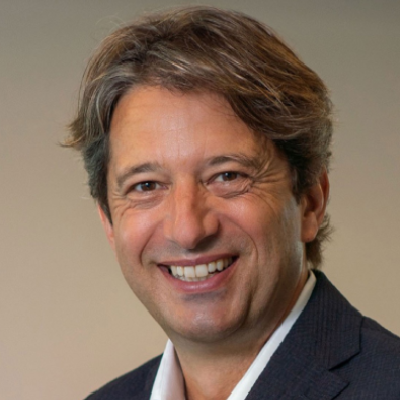
De Novo Molecular Design with Machine Intelligence
Speaker: Prof. Gisbert Schneider, ETH Zurich (Dept. of Chemistry and Applied Biosciences)
Date: May 30, 2024
Time: 11:00AM – 12:00PM SGT
Venue: Seminar Room 15, COM3 #01-25
Abstract:
Molecular design may be regarded as a pattern recognition process. Medicinal chemists are skilled in visual chemical structure recognition and their association with (retro)synthesis routes and molecular properties. In this context, various “artificial intelligence” (AI) methods have emerged as potentially enabling technology for drug discovery and automation, because these systems aim to mimic the chemist’s pattern recognition process and take it to the next level by considering the available domain–specific data and associations during model development. The same is true for predicting the pharmacological activity and other properties of small molecules. Here, AI technology, in particular deep networks, and jury methods, have advanced the field by providing increasingly accurate qualitative and quantitative prediction models. Part of the appeal of applying AI methods in drug design lies in the potential to develop data-driven, implicit model building processes to navigate vast datasets and to prioritize alternatives. This concept represents at least a partial transfer of decision power to an AI and could be viewed as synergistic with human intelligence; that is, a domain-specific implicit AI that would not only imitate but augment the capabilities of chemists in molecular design and selection. More ambitiously, the ultimate challenge for drug design with AI is to autonomously generate new chemical entities with the desired properties from scratch (de novo), without the need for the often prohibitively costly experimental compound screening. We will review the principles of AI methods for de novo drug design, emphasizing approaches that have proven useful and reliable in “little-data” scenarios. Selected prospective case studies will be presented, ranging from targeted molecular design to fully automated design-make-test-analyse cycles. We provide a critical assessment of the possibilities and limitations of the individual approaches and dare forecasting the future of drug design with AI.
Biography:
Prof. Gisbert SCHNEIDER is a full professor of Computer-Assisted Drug Design at the Institute of Pharmaceutical Sciences in the Department of Chemistry and Applied Biosciences, ETH Zurich since 2010. Prof. Schneider received a doctorate in biochemistry from the Freie Universität Berlin, Germany, in 1994, where he also studied medicine and computer science. His research activities focus on the development and application of adaptive intelligent systems for molecular design and drug discovery.
He is a co-founder of Endogena Therapeutics Inc. and AlloCyte Pharmaceuticals AG, and inSili.com LLC, an ETH spin-off company. Prof. Schneider has received numerous awards internationally, including the Ernst Schering Prize, Gmelin-Beilstein Award, Herman Skolnik Award, Prous Institute – Overton and Meyer Award for New Technologies in Drug Discovery, and the Falling Walls Science Breakthrough of the Year Award. He is an Elected Fellow of the University of Tokyo and Honorary Adjunct Professor at Goethe-University.


